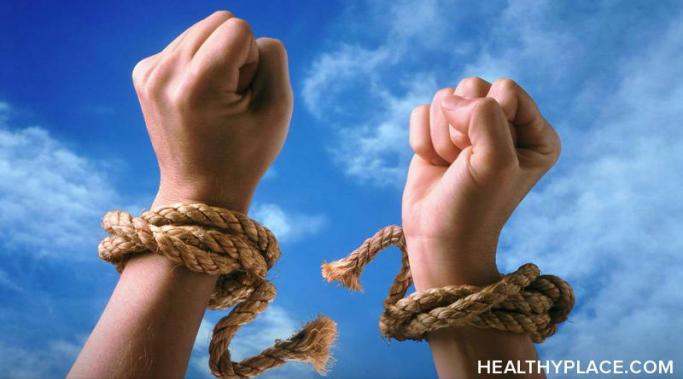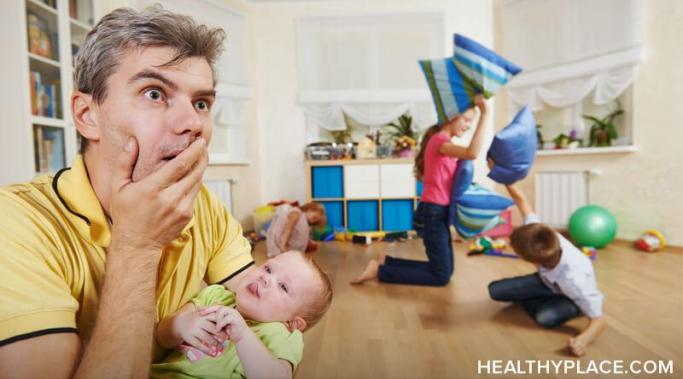Taking risks has a bad reputation. We advise people against decisions that seem "risky," warn children away from capers that might result in injury, and, as a general rule of thumb, seek certainty at all costs. On the surface, this ethos makes perfect sense. Why take risks when the odds are against you? After all, that's what risk is: a poor probability or an unlikely shot.
Meaning
I believe that January offers the stillness necessary for revivification, and because of this, I've gotten into the habit the past couple of years of using the month as a true reset. I am especially thrilled about this opportunity this year. I ended 2022 not with a bang nor a fizzle but with a nagging cold, a shoulder injury, and a sub-par attitude. I'd like to share with you today my intentions around the new year to amend these physical and psychic wrongs.
The best gifts don't come in prettily-wrapped packages. The best gifts aren't found under the tree. The best gifts are things we experience all year long.
This isn't one of those stock Thanksgiving blogicles where I waste 500 words tossing around washed-up phrases about how "gratitude is an attitude." It's much worse than that. I'm going to try to challenge your notion of gratitude altogether. I said early on in my HealthyPlace journey that I wasn't going to try to convince anyone of anything, but we all knew I was lying. So let me be explicit about this: I want you to leave this post believing that gratitude isn't just for the things in your life that are working. I want you to walk away feeling grateful for the challenges in your life that aren't.
I'm writing this just a few minutes removed from a morning run, which I hated almost every second. I'm not like the runners you see in the movies who gracefully jog with their camera-ready smiles; my face is usually fixed in a mask of focused despair, disguising not at all how distasteful I find the whole situation. This run was no different—my feet hurt, my heart pounded quicker than it wanted to, and my respiration struggled to keep pace. In short, the run absolutely, unmistakably, irrevocably sucked. It was exactly what I'd hoped for. I was hoping to increase my distress tolerance.
Death is coming for us all. I don't mean that to be threatening; I mean it to be relieving. Encouraging. Enlightening.
It's critical we understand our most important tool. I'm talking about your brain, of course, the very organ that mental wellbeing—and its antithesis, mental illness—originate from. Now, plenty of ink more knowledgeable than mine has been spilled on this subject; a quick Google search will tell you almost anything you want to know about the flesh wad in your head. What I want to do today isn't give you a lesson that Wikipedia could deliver better. Instead, I want to offer you a perspective you'd be hard-pressed to find amidst the citations. I want to help you understand your brain.
This year has been pretty overwhelming for most of us, so we need some self-care hacks to cope. In addition to the general stress of 2020, we are now approaching a season that often brings pain and grief to the forefront. With this in mind, I want to share some of my favorite skills for self-care during challenging times.
Dealing with COVID-19 as a therapist is dual-fold. We must comfort our clients, but we must also deal with the stress of the pandemic for ourselves and families just like everyone else.
Do you find yourself often feeling defensive? Perhaps you have relationships with others who seem to get defensive easily. Responding to another person with defensiveness is never the most effective way to solve a relational conflict, but many of us tend to jump into a defensive stance without thinking much about it.









